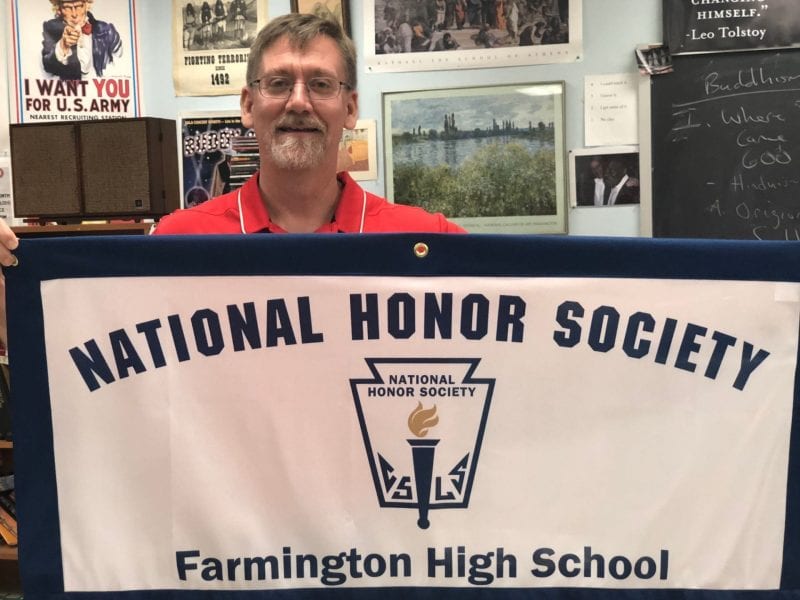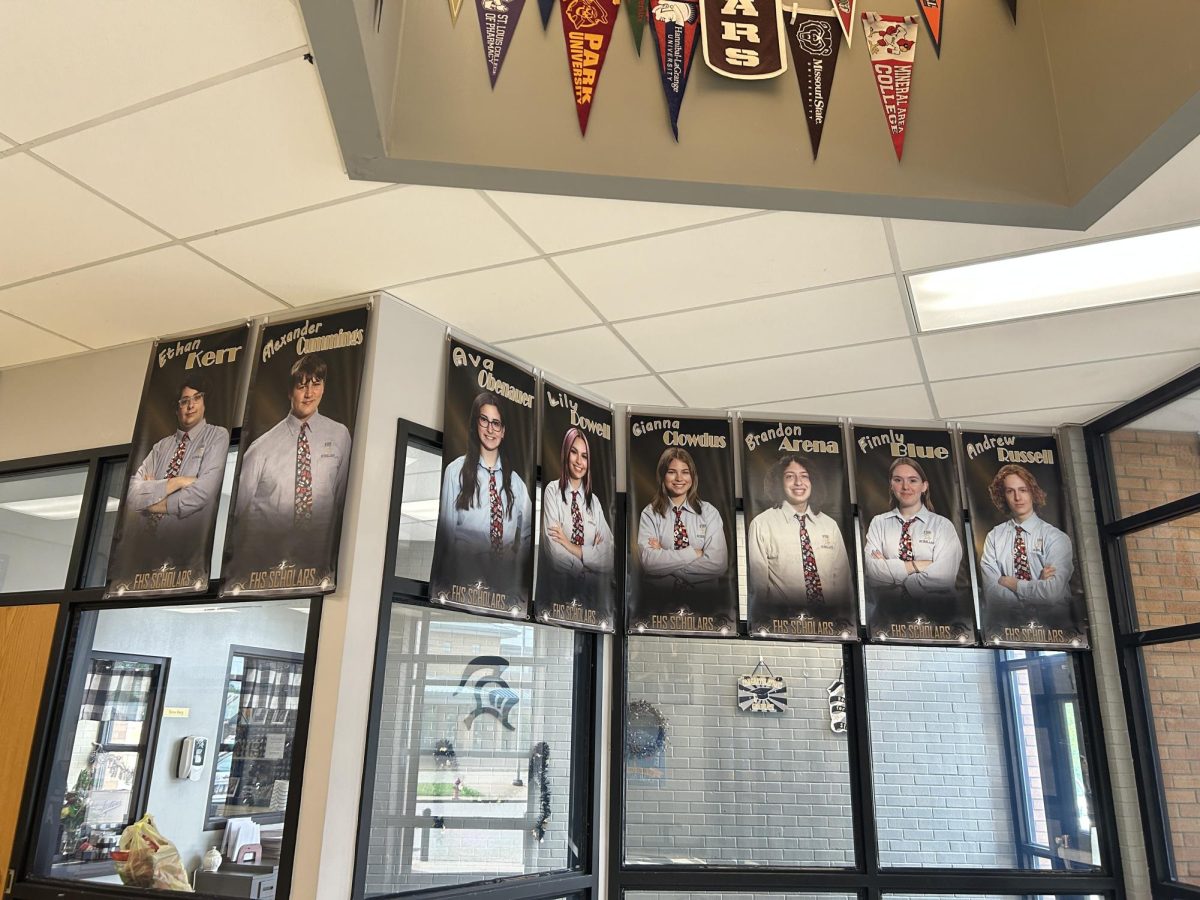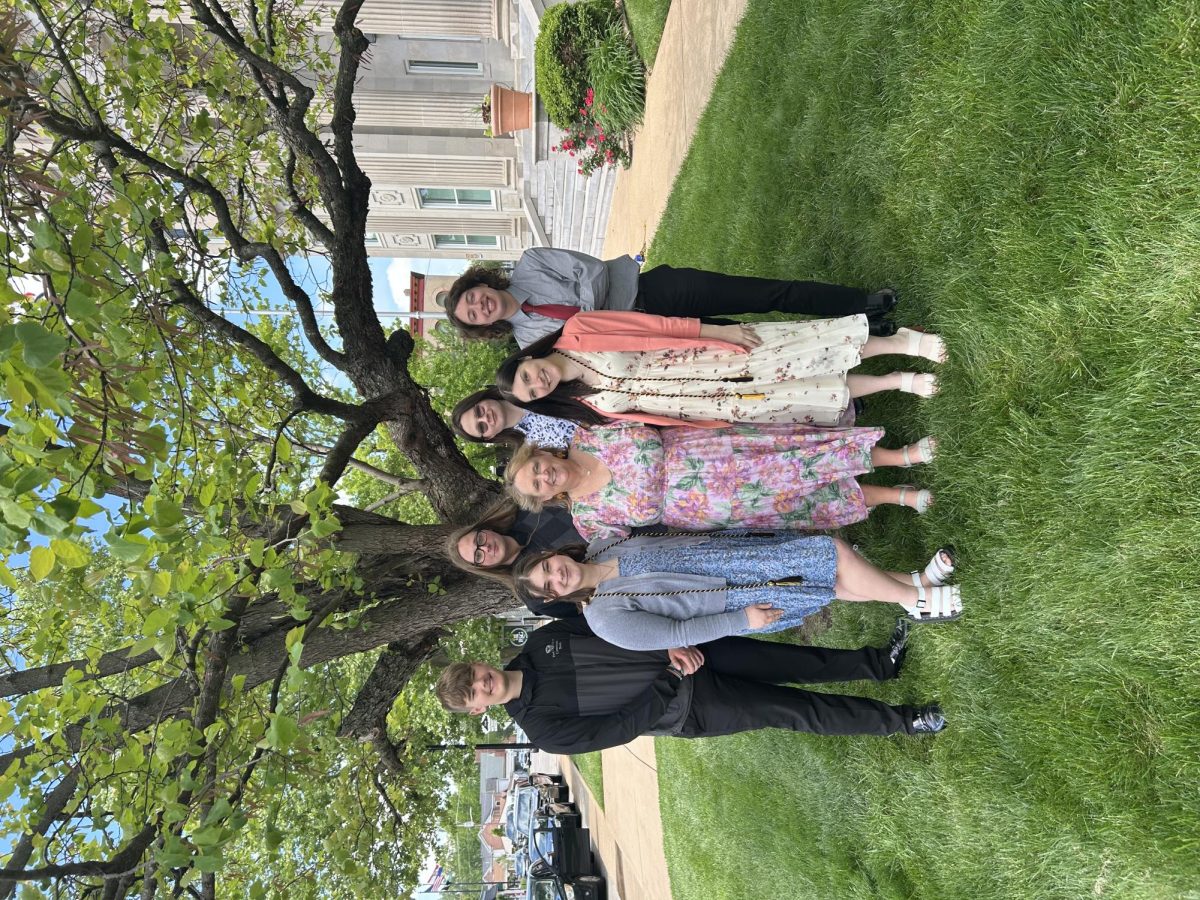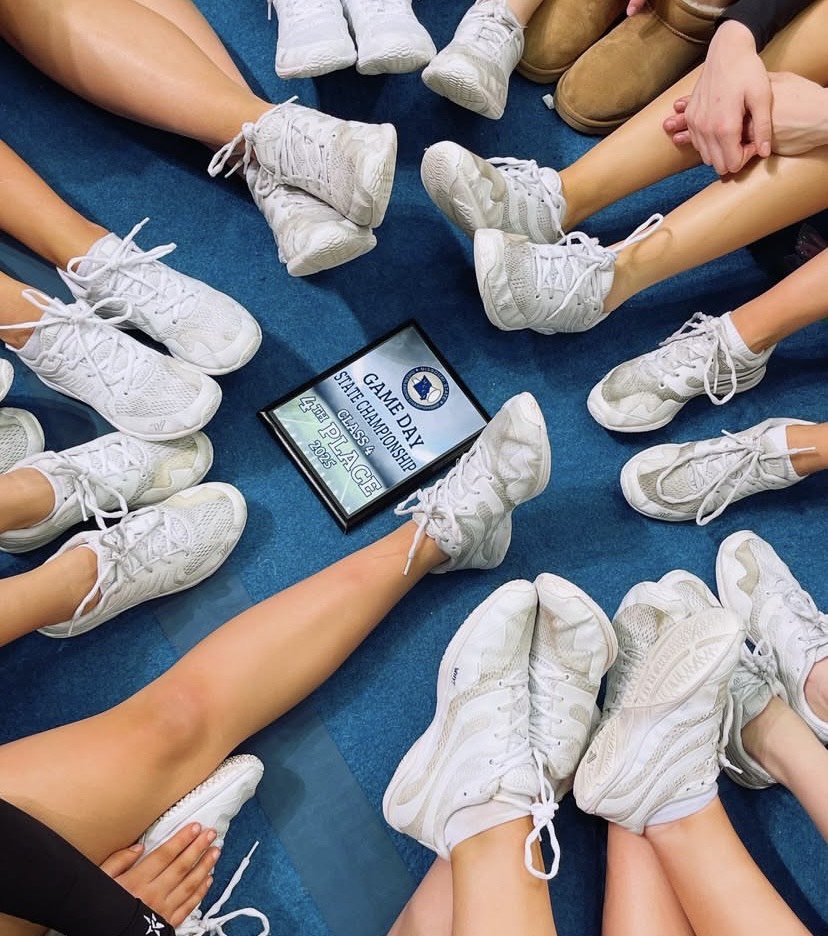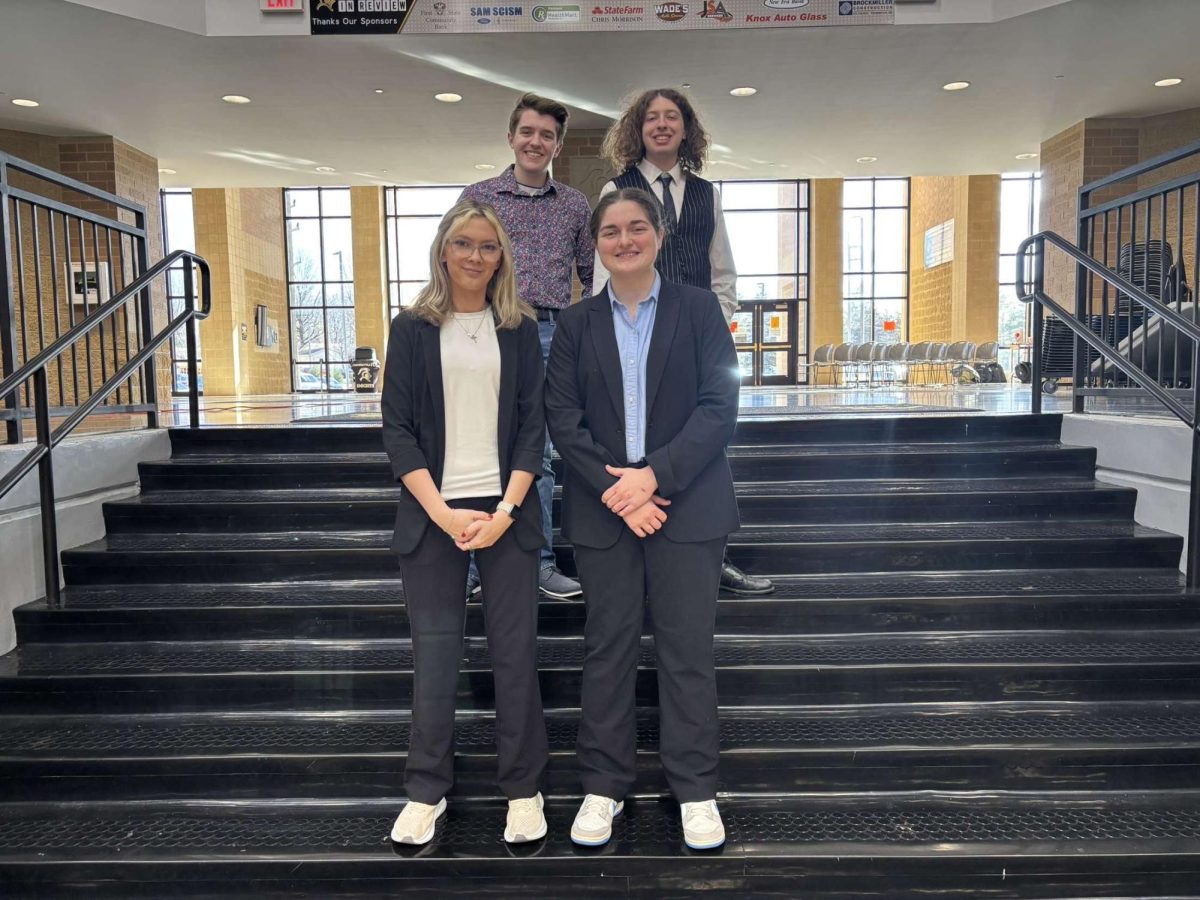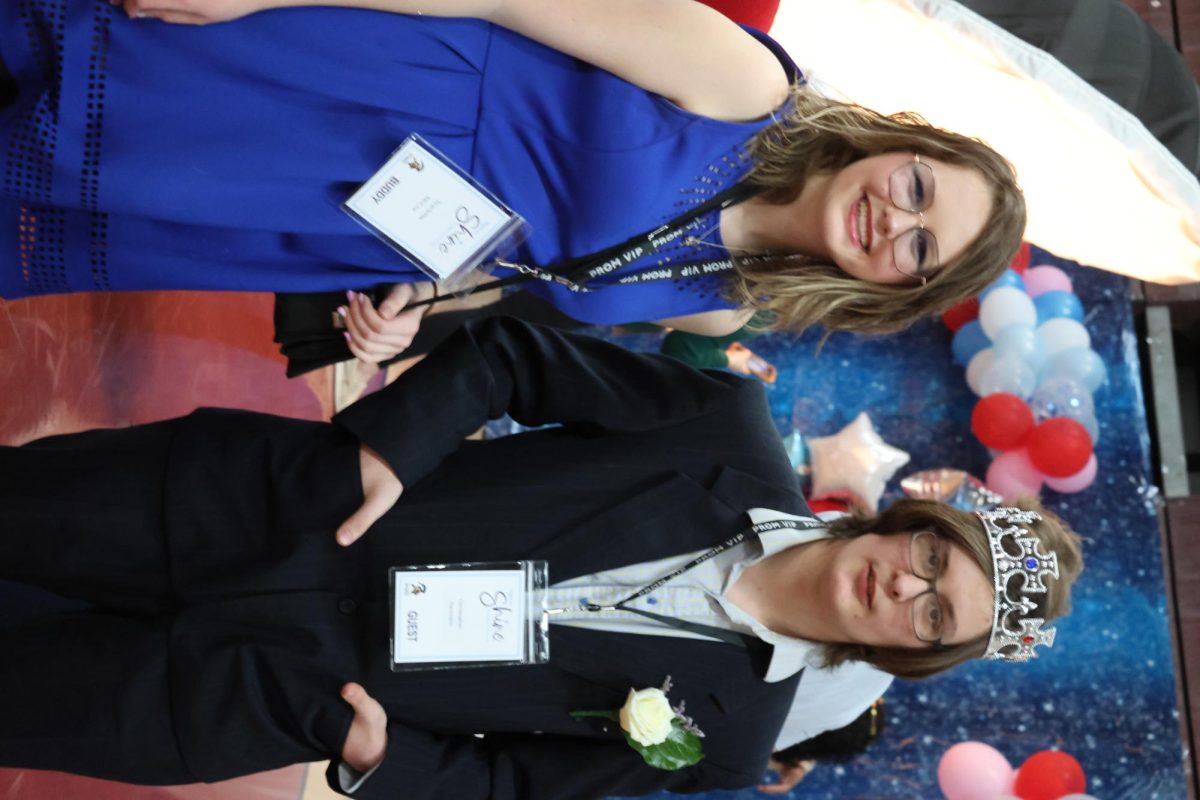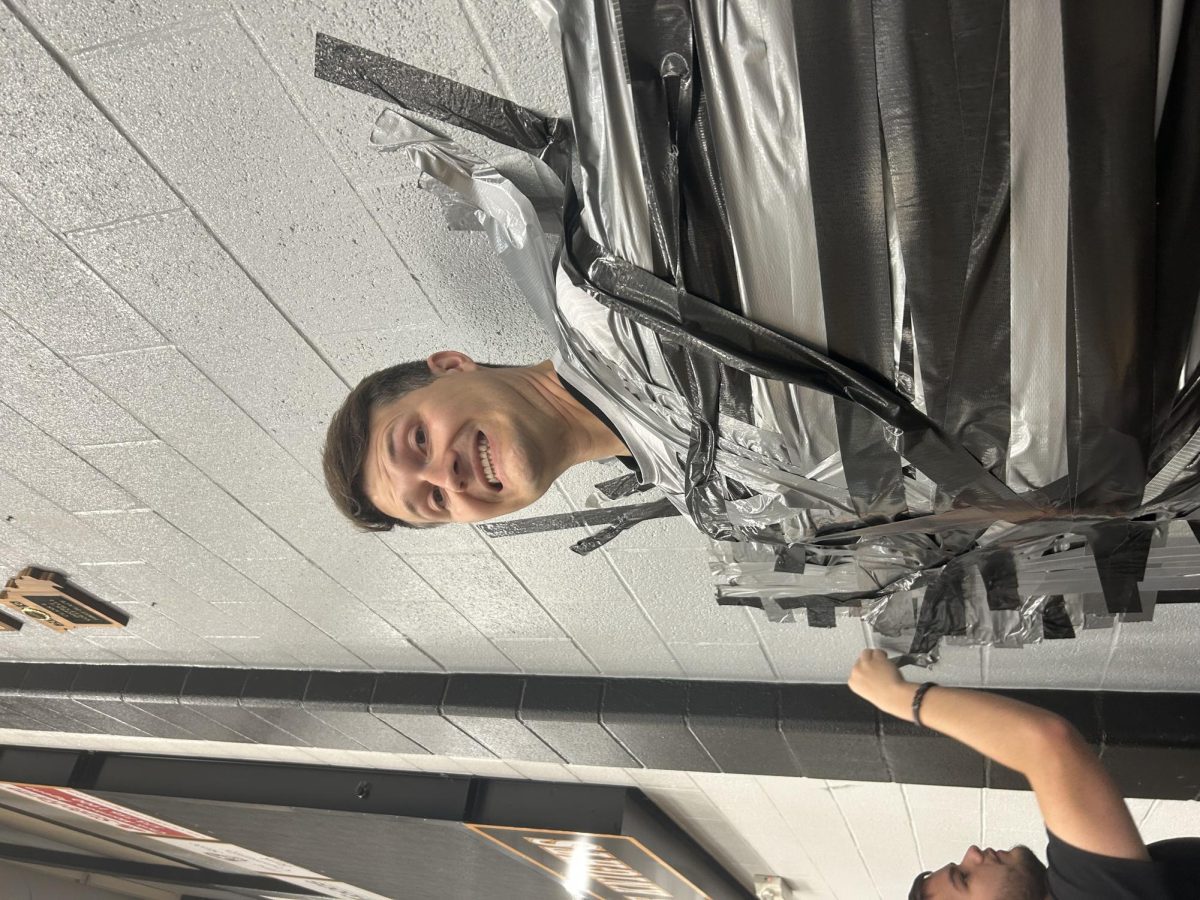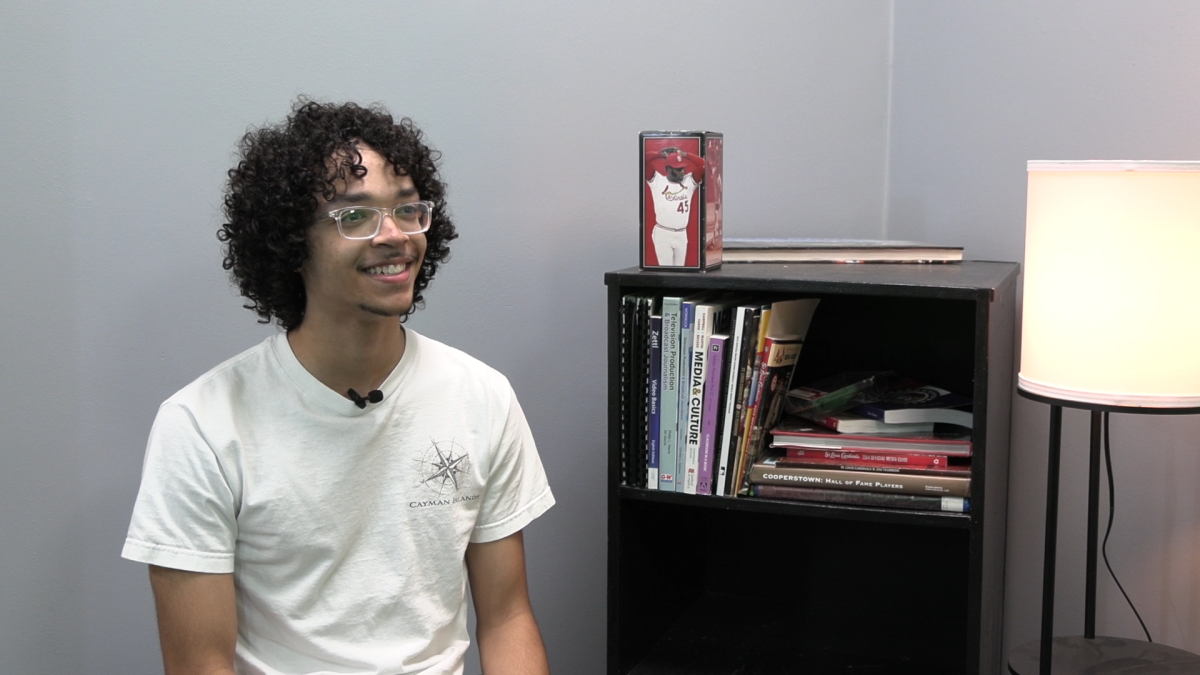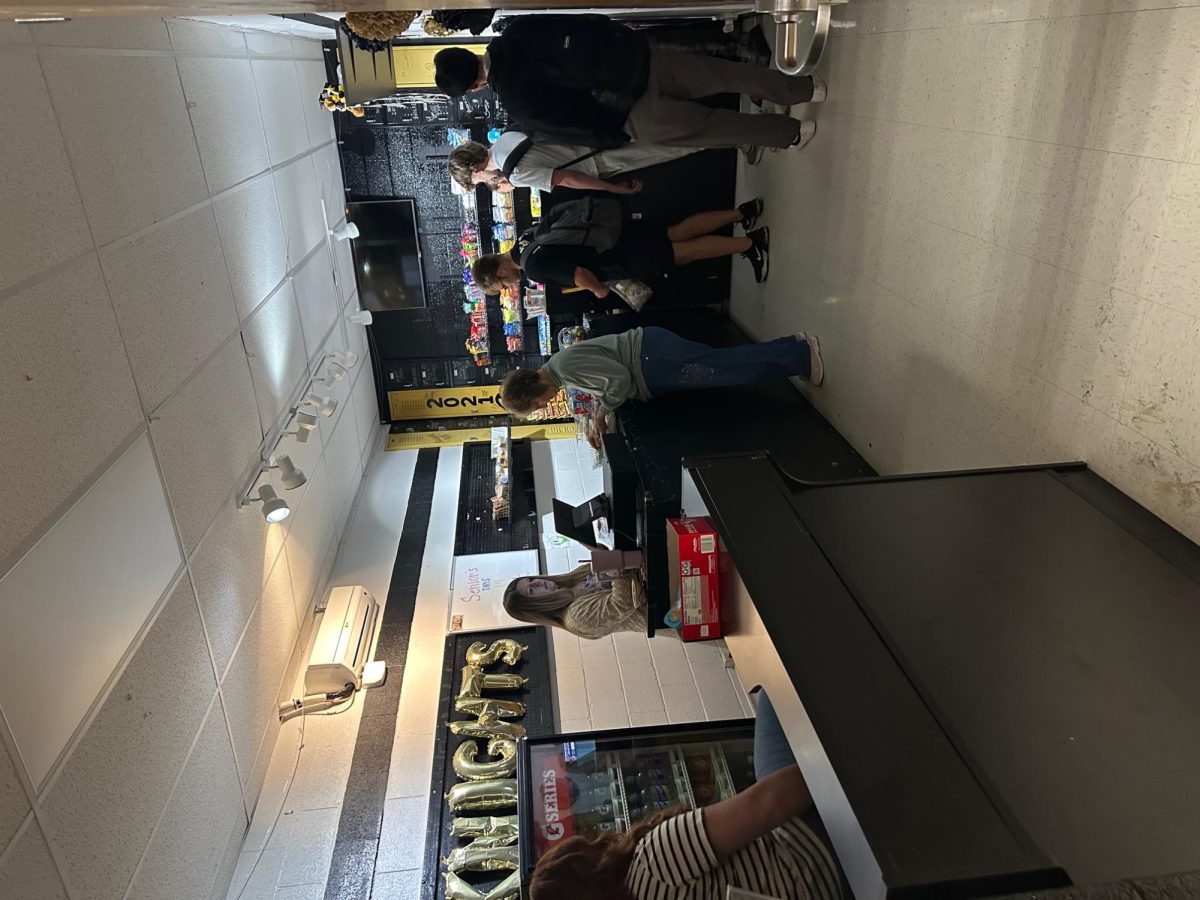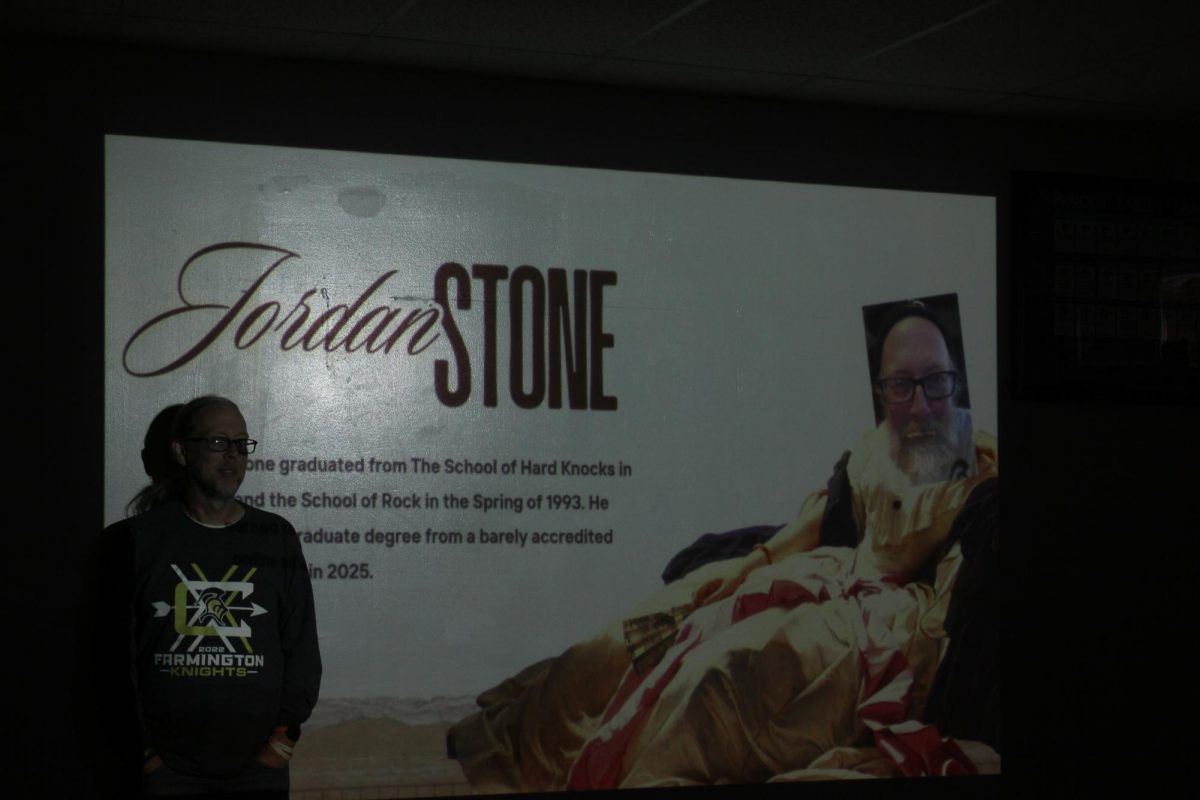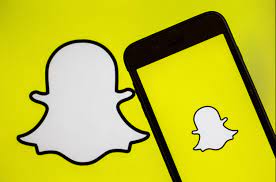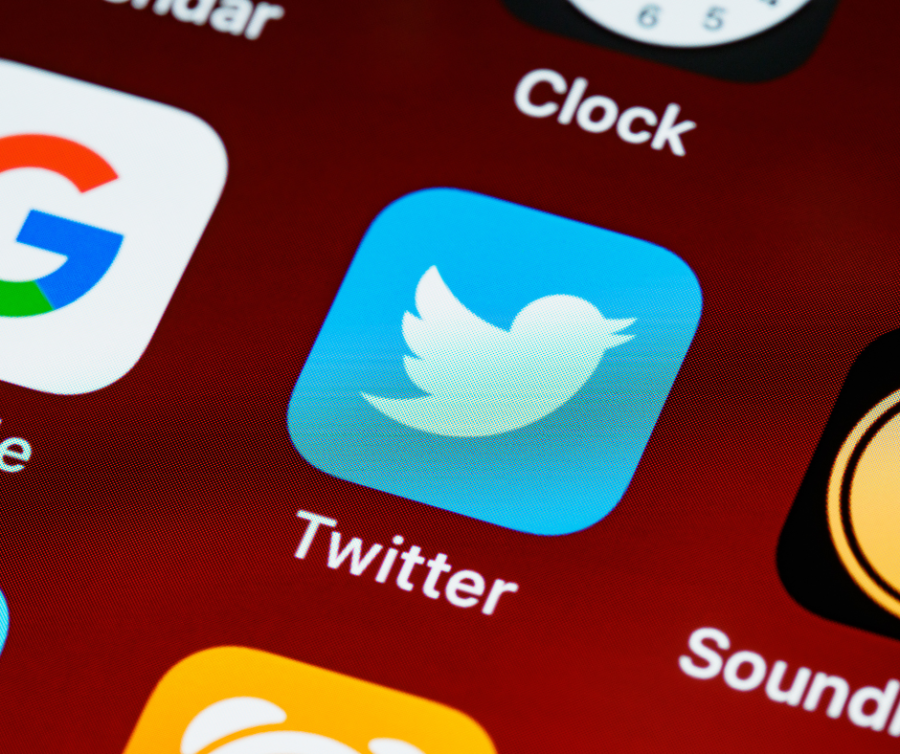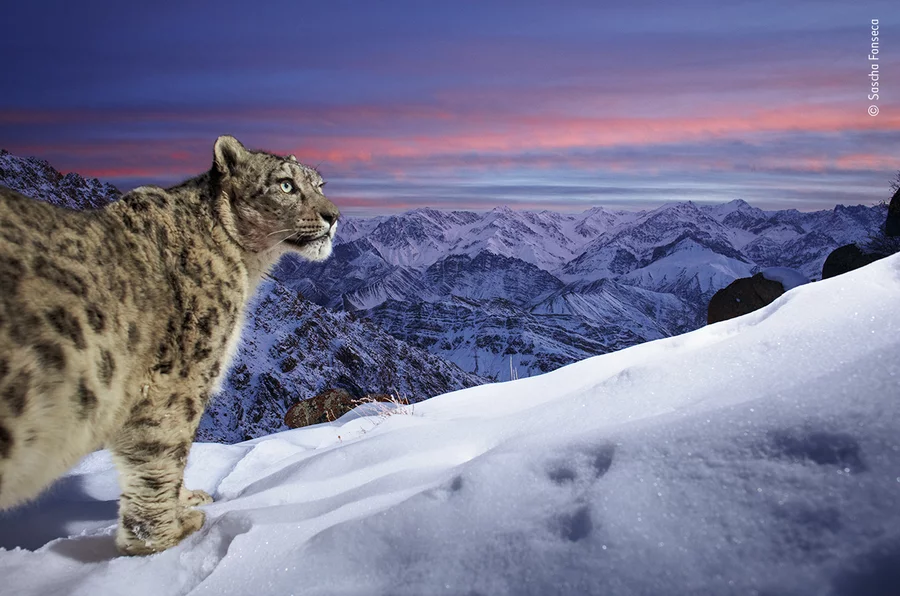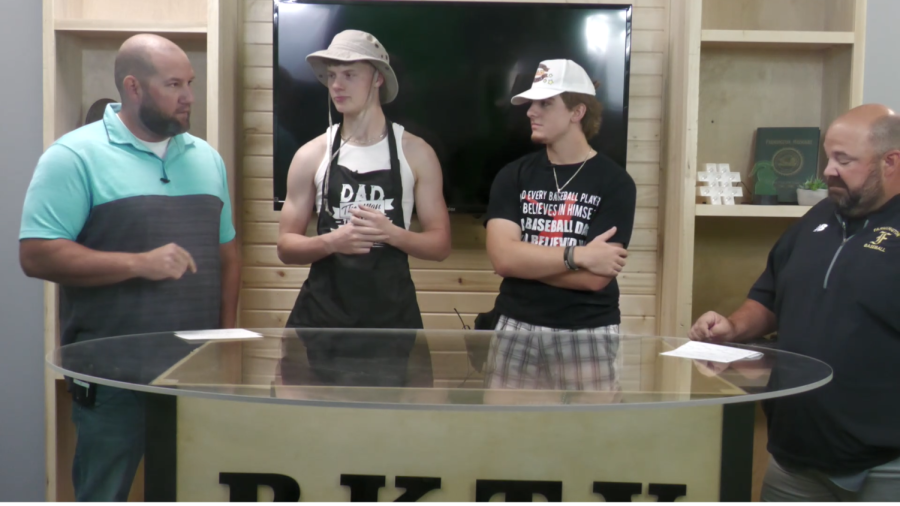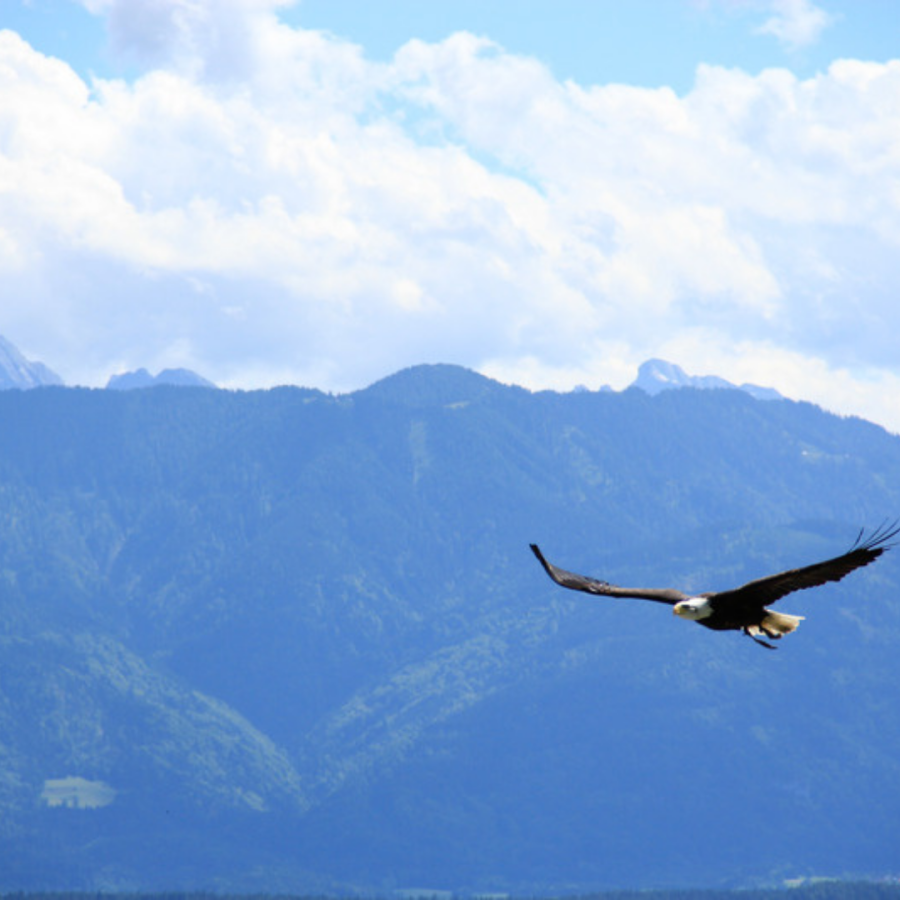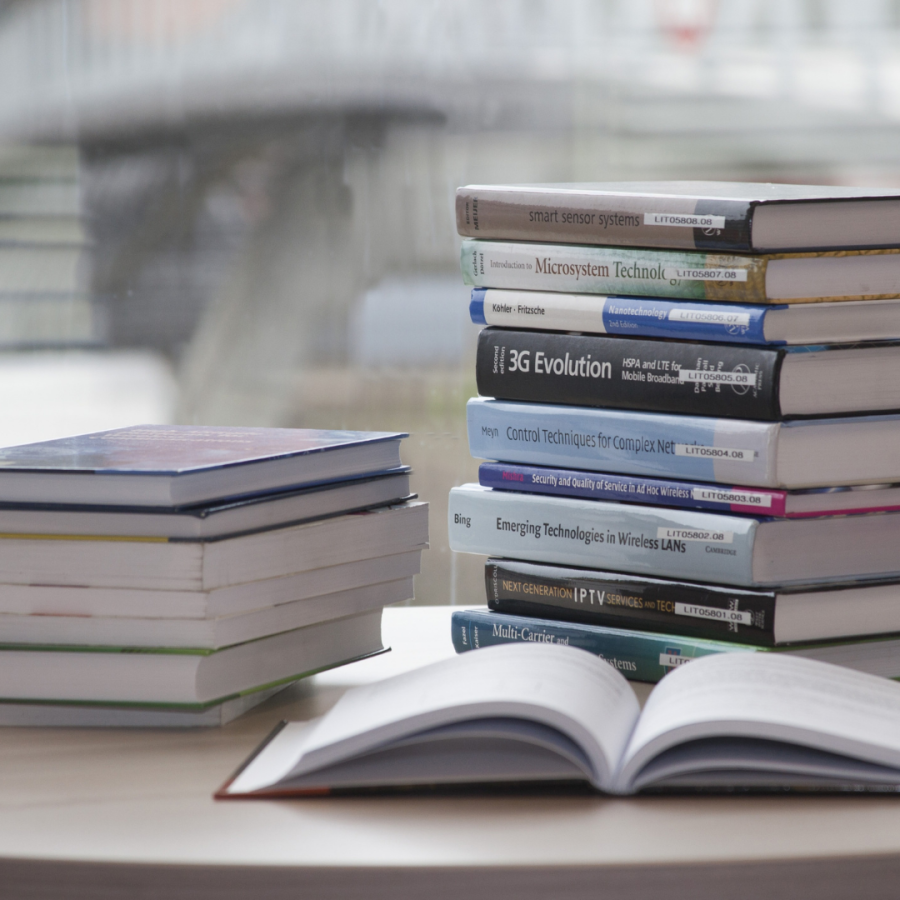By: Melaina Files
Dr. Reeves is the dual credit history and humanities instructor and college and career adviser at Farmington High School. We decided to reach out to him for a brief interview over 9/11, as he is highly respected by the students and staff at FHS, and has quite the background in history.
Next Tuesday, will be 17 years since 9/11 took place, can you describe where and what you were doing when 9/11 happened?
Yes, I can tell you exactly where I was, I was here at Farmington High School, I was in the classroom that I am in right now. The old TV mounted on the wall, that is no longer operable, was actually connected to a cable. Black Knight TV had a cable feed at the time. So, we heard there had been a terrible accident, so I turned on the TV. It was the first hour, I was teaching world history, and we watched the footage that happened. I vividly remember just a little bit later, not an hour later, the second plane hit the second tower.
At the time, what was your first thought?
My first reaction was that it was a terrible accident. I thought there had just been a horrible accident because it didn’t enter my mind that somebody would willingly fly an airplane into a major landmark like that.
Do you think a similar attack could occur in America today?
Well, if anyone is willing to die in the process, anything can happen at any time. I think one of the scary things terrorist attacks is that a lot of the times, in our culture particularly, we aren’t aware of our own mortality. We like to think we can control everything, but frankly, we can’t. Getting up and crossing the street is dangerous in its own way. I think we are pretty vigilant as a society to keep ourselves safe, and there are a lot more protocols than there were prior to 9/11. However, if someone is bent on death and destruction, there’s nothing that we can ultimately do to prevent that entirely, and one thing we need to be aware of is not to cower and be afraid of, “I will never go to New York, or I will never travel.” I think what we need to do is kind of embrace our freedom. One of the great leaders of Ancient Greece was a guy by the name of Pericles. He gave a funeral speech, the Funeral Oration of Pericles, saying one of the great things about our city-state is that it is open and we have a free exchange of ideas, and that brings some danger, but that also is what defines us, is our very freedom. I think as a society, that is something we need to embrace. That there are some risks with having freedom, and that’s what we are as a culture and that’s what we are as a civilization, and at some point, we are all going to leave this world of the coil. I certainly don’t want to speed that up, but at the same time, having a free and open society, I think is very important, and has been very important to our culture. If somebody is really set on killing a bunch of people and killing themselves and friends in the process, there is very little you can do. You can’t wrap the entire nation in bubble wrap. I mean, there’s going to be some things that just happen, or you severely limit everyone’s freedoms, and I think we have done a pretty good job at a middle ground in between. One of the big debates you always have in society is between liberty and power. Do you want liberty that is individual for your citizens to move freely, or do you want a concentration of power in which there is going to be little opportunity for terrible things to happen? But, at the same time, that means the individual citizens don’t have a lot of freedom.
Do you think there is more we could do/steps we should be taking?
I think one of the steps we should be taking is less about security and more about why is it that there are people in the world who despise us enough to hijack a plane and fly it into a building. I am not in any way defending the actions of the hijackers or ISIS or Al-Qaeda, but I think one of the things that are very valuable about humanities, what I teach, is that it can allow you to look at other people’s perspectives. Not that you have to agree with their perspective, but if you understand other people’s worldviews, you are going to be a much better sales, business, anything because you are going to be able to understand and draw them in. And I think one of the things, our country has never been super good at is looking at other perspectives. We don’t really do foreign language, and so much research shows that the words you use, the language you use, helps to determine how you think. If you look at the curriculum we have in Missouri, basically, 6 of the 12 years in American history, we have a very world or international culture. There is a long-standing trend of American Exceptionalism, where we think our country is great or different than any other country, and in some ways we are, I mean we are a great nation. The thing of it is though, why is it that the whole mid-east are resentful to us? Well, there are some historical reasons, like the Treaty of Versailles, or what happened in the aftermath of World War II in the mid-east. I’m not saying our nation made the incorrect decision, but we need to understand why other people are resentful of us, and if you start understanding other cultures, then at some point you may be able to try to start to have some sort of understanding. Ultimately, there is going to be some conflicts, because at some point not everyone can agree, and you can’t just sing Kumbaya and solve all of the world’s problems. But, if you understand other people’s perspectives, the world is a lot better place.
How were you personally affected by that event overtime?
One of the things that happened over time, was a growth in negative connotations other people have towards Islam, that they never had before. Prior to 9/11 when people thought of the mid-east or Islam, they either thought of black Muslims like Malcolm X and the 60’s Civil Rights movement. Or they thought of one of my favorite 1990’s Disney films, Aladdin. I don’t think after 9/11 we could have a movie like Aladdin made again, where you have a kindhearted mid-east kind of situation. I think a lot of people misunderstand Islam today, granted there are those of the Islamic faith who would support the hijackers. So, I think one of the things I have hated to see is that so many good people in this country are somewhat suspicious or downright antagonistic toward people of faith who are Muslims. I think we should have some more understanding of that faith. I mean there are some commonalities, they are an Abrahamic religion and a lot of differences with our faith communities.
With that, do you think that in the next few years, people will start to accept them more?
I hope so, but one of the things about history is that it has always been easier to unite people with hate than love. The people who are really powerful, and the great figures of history, are the ones who are able to unite people through love. But, it is far more common to unite them through hate. I hope over time there becomes more awareness and understanding, but I am not super optimistic about it.
Has the dynamic of the country changed to compared to before 9/11?
I think we are a lot more isolationist than we ever have been in my lifetime. I was born in 1970, and I was a child of the cold war. America was a very much front and center world power. Americans traveled all over the world, the 20th century was the American century, as labeled by some famous historians. One of the things now is that we want to hide as a culture, we don’t want to be out there, we are afraid of the change and dynamic of the world. The thing about fear and retrenchment and isolationism is that over time the world’s changing whether you change or not, and you can either try to influence the world and make it a better place, or what you think is a better place, or you can hide. At the end of the day, it’s still going to be changing.
What was your immediate response when the event first happened?
Well, there was a lot of fear and panic. I remember there were runs on the grocery stores here in Farmington when that happened. I was in grad school working on my Ph.D. at that time, and one of my professors was flying back from the west coast and there was a no-fly order that went quickly thereafter the two planes hit the twin towers. They were flying along and all of a sudden two F14s pulled up beside the airline he was on and said you must land right now or we will shoot you out of the sky. He ended up being delayed a little bit longer and they landed in some cornfield in Nebraska. But, I mean that was pretty intense.
How do you view the events of 9/11 today?
I think it’s a tragedy, I also think it’s the first step in the evolution of the world order. Beginning with the French Revolution in 1789, basically the nation-state (France, Britain, US, Germany), that has been how we looked at the world. There were certain orders and people wore uniforms and that’s that. But, really before the nation’s state, it was religion that was the uniting cement or glue for the society. The nation-state is kind of waning as a concept, because you know economically nation states don’t control entirely their economy, I mean look at all the national corporations. Coca-cola and Apple are doing business beyond their borders so it’s not just here. Also, groups like Al-Qaeda were not tied to one nation state. They would go to wherever they could get the least resistance, whether that be Pakistan or Afghanistan or wherever they are going to go, and they are going to do their training. What is hard for us as a culture is that our policy hasn’t kept pace with that changing dynamic. We are still thinking if we go invade Afghanistan, then we have solved the problem. Well, they are not all Afghani’s. In fact, if you look at the 9/11 bombers, they were pretty much Egyptians and Saudis. So, I think that was the beginning of seeing these shifts, and I don’t think everyone has quite got there yet, in policy.
Do you think there could have been a better reaction from our government when this happened, and after?
Hindsight is 20/20. I think there was the shock, and I think there was a feeling that we needed some sort of retribution for what happened. And I think that is what motivated the invasion of Afghanistan and particularly Iraq. I’m not sure in retrospect, by creating a vacuum for power in Iraq, which led to the rise of ISIS, that we have made the world a safer place. I understand that there was a need and a groundswell on a lot of Americans and our political leaders for some sort of direct military action, but I think that was a bit misguided because the problem was the nation-state was not the problem, the problem was these other factors, religious extremism, poverty, anti-colonialism. Culture is slow to catch up to reality sometime. The US civil war hit in 1865 and really American attitudes toward race took at least a century to catch up to what the constitutional reality was, and some argue it still may not be there today.
Do you have any last words you would like to add overall?
One of the things that has given me a bit of perspective is that two years ago was the first year, that I taught students who were not alive when that happened. One of the things as a society and as a culture is to keep aware that people your age, this might as well be the battle of Antietam. This is something you don’t have any memory of, and you shouldn’t because you weren’t alive. But one of the things people my age need to do, and people in my profession particularly need to do, is to make sure and explain to you and your successors in school why this happened and what are the larger systemic problems. I think one of the dangers for people my age will be too, oh we experienced it and so we assume everybody else knows what that was.
Thank you to Dr. Reeves for sharing his experiences and thoughts about this historical event. 17 years after this national tragedy struck the hearts of the American people, we still feel the effects of the event in our culture. From our everyday lives to our political climate, 9/11 is an infamous day that has gone down in history and the hearts of every American.
Categories:
Local Historian 9/11 Interview
September 11, 2018
0
Tags:
More to Discover

